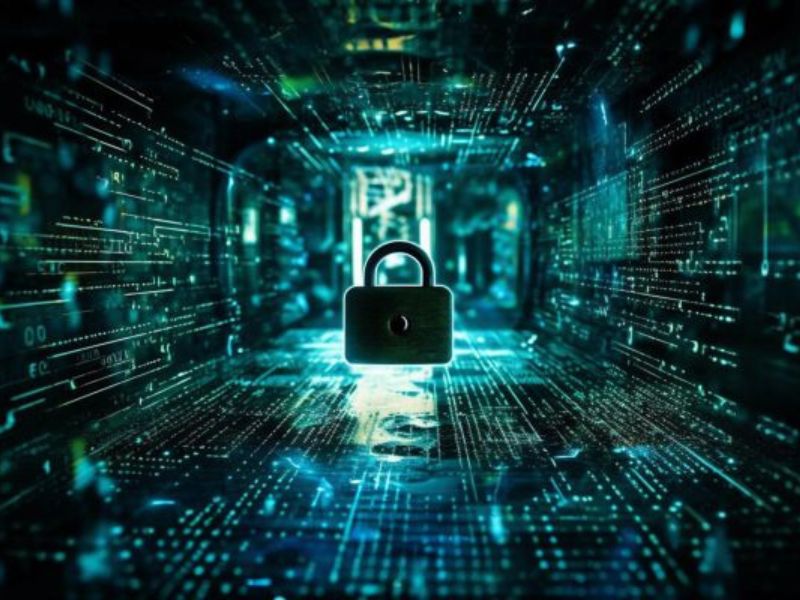Machine learning, big data analytics, and artificial intelligence are some of the core areas that are driven by the breakthrough field of quantum computing. Nevertheless, it has its threats to current encrypted methods, which protect most of the world’s data classified as sensitive. The PQC is gradually taking its position as the ultimate shield against these upcoming quantum threats in the ever-dynamic world.
Here’s why Post-quantum cryptography matters!
Quantum computers are 2^n times faster than classical computers and can solve problems that cannot be solved on classical computers. This also makes them potential for decryption methods commonly used in cybersecurity such as RSA and ECC (Elliptic Curve Cryptography). With not nearly enough backups, deciding industries like banking, healthcare, or public administration could be shattered by breaches.
PQC steps into the picture as a shield created based on algorithms that are immune to the power of quantum computers. This protection is not just speculative—it has to be done to protect the confidentiality of enciphered messages and protect against individuals or groups gaining unlawful access to top-shelf computer networks.
How Post-Quantum Cryptography Works?
PQC uses mathematical problems that are incredibly complex, even for quantum computers to solve. For example, lattice-based cryptography and multivariate polynomial problems form the basis of many PQC algorithms.
These algorithms, rigorously vetted and approved by organizations like the National Institute of Standards and Technology (NIST) and quantum cryptography company, are not only secure but also versatile. They can integrate into existing systems without requiring a complete overhaul, making it easier for organizations to transition to quantum-safe security.
Industries That Must Act Now:
Certain sectors are particularly vulnerable to quantum threats and need to adopt PQC urgently:
- Banking and Financial Services
Banks rely on encrypted channels to secure transactions and customer data. If these systems are compromised by quantum computing, it could lead to massive financial losses and eroded trust in financial institutions. Transitioning to PQC ensures safe communication and robust fraud prevention mechanisms. - Public Administration
Governments hold vast amounts of classified and sensitive data. A breach caused by quantum decryption could expose national secrets and undermine global diplomacy. Incorporating PQC helps governments protect their data and maintain the confidentiality of critical operations. - Telecom and IoT
The telecommunications sector and IoT devices are the backbone of modern infrastructure. A successful attack could disrupt essential services and create chaos. Quantum-resilient cryptography ensures that networks and connected devices are secured against both current and future threats.
FAQs:
What is post-quantum cryptography?
Post-quantum cryptography refers to advanced encryption methods that remain secure even against the immense computational power of quantum computers.
Why is adopting post-quantum cryptography urgent?
Quantum computing technology is progressing rapidly. As quantum computers become more accessible, traditional encryption methods will no longer be sufficient to secure sensitive data, making PQC essential for future-proofing security systems.
Last Words:
Post-quantum cryptography is more than just a response to an emerging threat; it is a proactive measure to ensure the continuity of secure communications and data protection. With its ability to withstand the power of quantum computing, PQC is essential for industries and governments worldwide to stay ahead in the cybersecurity race. By adopting PQC now, organizations can safeguard their systems against both current and future threats, preserving trust and functionality in an increasingly digital era.



